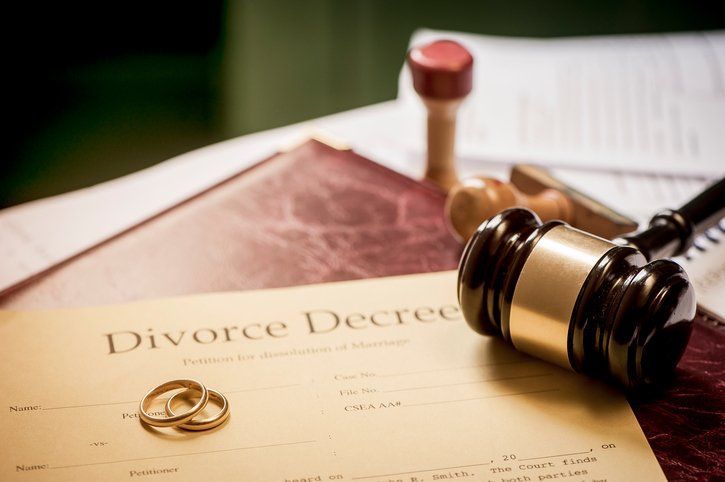Considering Who Keeps the House in a Divorce | Allan Brandon Tise PLLC, Attorney at Law
May 1, 2020

One of the biggest assets in any marriage is the family home. It's often the asset that has the most emotional significance for the entire family, especially the children. So the question comes up: who, if anyone, keeps the house after the divorce?
North Carolina is an equitable distribution state, and that fact will help drive whom the courts award the house to. However, you and your spouse can also make that determination on your own. Find out about the process of dividing assets such as the marital home.
Equitable Distribution
Equitable distribution aims to divide assets fairly. A fair, or equitable, division doesn't necessarily mean an even one and it is possible for one spouse to be awarded the marital house in many circumstances.
When the courts approach the division of property in a divorce, they're trying to set up both spouses fairly after the divorce relative to the marital property. Wage earners and homemakers receive the same consideration.
A big factor in equitable distribution is each spouse's ability to earn after the divorce. Therefore, they take into consideration each spouse's age and health as well as income, assets, and liabilities. They'll also take into consideration non-marital property belonging to one spouse only. So the keeping of the family home might be offset by some other property ownership.
Types of Property
North Carolina recognizes three types of property - marital, divisible, and separate. Marital property encompasses all assets either spouse earned during the marriage. It includes wages and property acquisition, such as the house, as well as pensions, benefits, and other forms of compensation. This property is eligible for equitable distribution.
Divisible property encompasses any change to assets from the time of separation to property division. For example, it will include a bonus one spouse earned during the marriage even if it wasn't awarded until after separation. It also includes debt incurred during the marriage that didn't show up until after separation. This property is also eligible for equitable distribution.
Separate property is any asset or debt you or your spouse had before getting married. It also includes assets and debts accrued after separation. This property is not eligible for equitable distribution itself, but separate assets might be considered in determining what a fair division of marital property is. So if your spouse has an inherited home, that fact could offset the division so you get awarded the marital house.
Marital Settlement and the House
You and your spouse don't have to leave the determination up to the judge. You can come up with a marital settlement with your own division of property - including the house.
If you're the one who wants the house, be clear about your reasons and your ability to maintain the house. A common reason is to avoid a disruption in children's lives. Indeed, the courts will often award the house to the parent who has custody of the children.
If you do decide you want to keep the house, be aware you may have to refinance your mortgage as a sole owner. Check your finances to ensure you can cover all the expenses associated with sole ownership. You'll also have to compensate your spouse to take sole ownership. As noted, you might offset the cost with other marital assets of equal value.
To determine that factor, you may have to get an appraisal of your house. With a marital settlement, you negotiate with your spouse directly or through a mediator. If you can't reach a settlement, the courts will decide but sometimes the only real option is selling the house and splitting the proceeds.
If you want to discuss your options, contact Allan Brandon Tise, PLLC, Attorney at Law.















